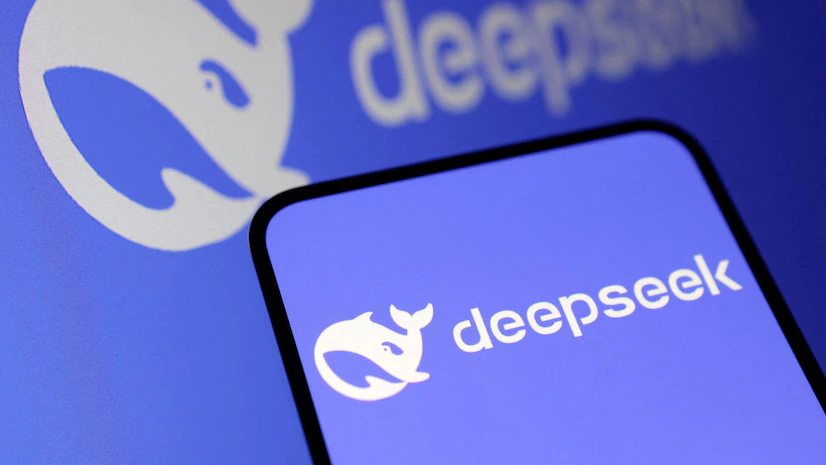In a shocking turn of events, cybersecurity experts have uncovered major security vulnerabilities in DeepSeek, an AI-powered mobile application that recently skyrocketed in popularity. As concerns over data privacy and cyber threats grow, governments around the world are taking swift action to ban the app due to its security risks and potential geopolitical implications.
DeepSeek gained massive traction in early 2025, becoming the most downloaded app on the Apple App Store. However, a recent investigation by cybersecurity firm NowSecure has raised serious concerns regarding the app’s ability to protect user data. The findings reveal alarming gaps in security, leaving users’ private information exposed to potential cyberattacks.
One of the major vulnerabilities uncovered by NowSecure is DeepSeek’s failure to encrypt sensitive user data, such as usernames and passwords. Even more concerning, the app disables Apple’s App Transport Security (ATS), a critical safeguard designed to prevent unprotected data transmission over insecure networks. By bypassing ATS, DeepSeek increases the risk of “man-in-the-middle” attacks, where hackers can intercept user data during communication between the device and the app’s servers. Additionally, DeepSeek was found storing login credentials in unencrypted files, making it easier for bad actors to gain unauthorized access to user accounts.
Beyond technical vulnerabilities, the investigation also pointed out that the app collects a significant amount of user data, including details about devices and network activity. These findings have raised red flags over potential tracking and surveillance concerns, fueling growing skepticism about DeepSeek’s ties to Chinese tech developers.
Responding to these alarming security issues, several governments have acted quickly to limit or ban the app. On February 10, 2025, New York Governor Kathy Hochul announced a ban on DeepSeek for all state employees, citing concerns about cybersecurity risks and the app’s ownership. The move reflects a broader pattern of increasing scrutiny over Chinese-owned applications, particularly regarding their data collection practices and national security threats.
At the federal level, U.S. lawmakers in Congress are debating a potential nationwide ban on DeepSeek. The concerns extend beyond cybersecurity vulnerabilities, touching on the broader risk of foreign entities accessing American user data. These discussions highlight the growing push for greater regulation and oversight of mobile applications, especially those developed by Chinese tech firms.
Internationally, several governments have taken similar actions. South Korea, Australia, and Taiwan have already imposed restrictions, blocking access to DeepSeek on government devices. Experts believe that more countries could follow suit if DeepSeek fails to address the glaring security flaws.
This situation is reflective of a larger, ongoing debate regarding Chinese-developed apps and their potential risks in Western markets. The discovery of DeepSeek’s vulnerabilities underscores the need for stronger security measures and regulations to protect user data from cyber threats. As mobile technology continues to evolve, ensuring rigorous security standards for widely used applications is no longer optional—it is essential.
With DeepSeek facing mounting global scrutiny, the app’s future remains uncertain. Whether the developers will implement necessary security updates or if the bans will continue to expand is still unknown. However, one thing is clear: this case serves as a wake-up call for both tech companies and consumers to be more vigilant about the safety of the digital tools they use every day.


















































